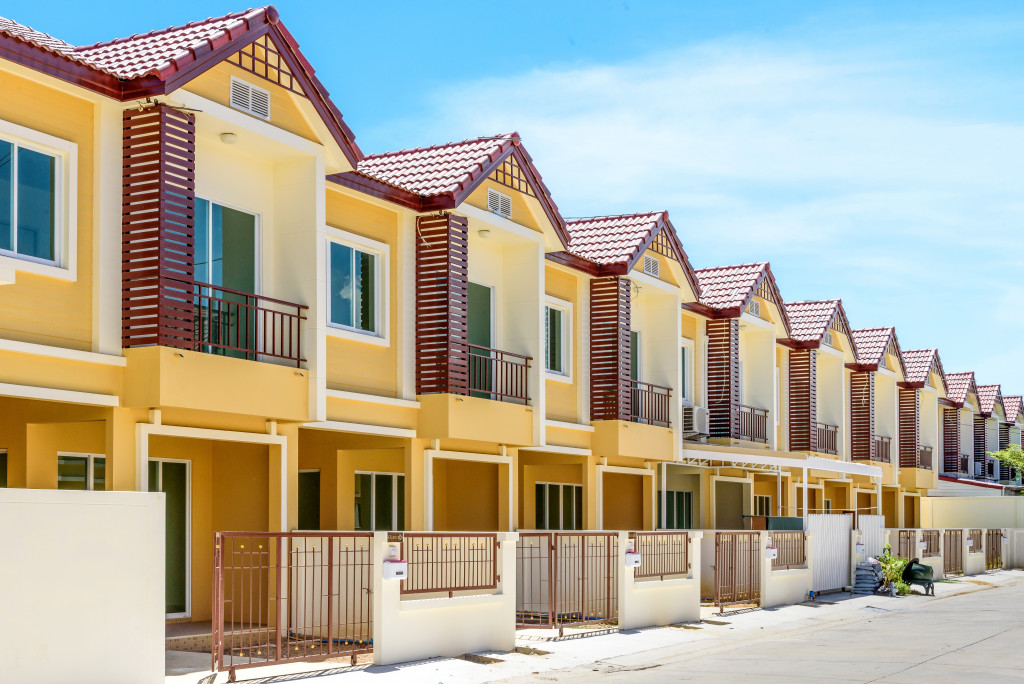- Create a budget and prioritize needs to ensure successful construction.
- Choose the right location and assess its suitability for building.
- Hire experienced professionals with a proven track record of success.
- Choose durable materials that can withstand the test of time.
- Pay attention to details when selecting finishes and fixtures.
Building your own home is an exciting and rewarding experience. It allows you to create a living space that suits your lifestyle, design preferences, and budget. However, it can also be daunting with many decisions and factors to consider. This guide will provide five useful tips for building your own home.
1. Plan Your Budget Wisely
One of the most critical aspects of building your home is creating a budget and sticking to it. Before you start your project, you should carefully assess your financial situation and determine how much you can afford to spend on building your home. Make sure to factor in all the costs associated with building, including permits, land preparation, materials, labor, and any unexpected expenses.
To ensure that you stay within your budget, it is also essential to prioritize your needs and wants. Focus on the essentials first and consider adding luxury features later if your budget allows. Remember that building your home is a long-term investment, and making smart financial decisions that will benefit you in the long run, is crucial.
2. Choose the Right Location
The location of your home is just as important as the design and features. When choosing a location, consider accessibility, proximity to amenities, safety, and the neighborhood’s overall vibe. You may also want to consider the area’s potential for future growth and development.
If you already own a plot of land, make sure to assess its suitability for building. Check for zoning restrictions, environmental factors, and other potential issues affecting your building plans. You may also want to consult a professional to evaluate the land’s condition and identify potential problems.
3. Hire a Professional Team

Building a home is a complex process that requires a team of professionals with different skills and expertise. When choosing a contractor, architect, or designer, do your research and hire experienced professionals with a proven track record of success.
Establishing clear communication with your team from the beginning is also essential. Ensure everyone is on the same page regarding your goals, budget, and timeline. Regular communication and updates throughout the building process can help ensure everything runs smoothly and according to plan.
4. Choose Durable Materials
When building your home, choosing durable materials that can withstand the test of time is important. This includes everything from the foundation to the roof and everything in between. While cutting costs by choosing cheaper materials may be tempting, it’s important to remember that quality materials will save you money in the long run by reducing maintenance and repair costs.
Consider using materials that are resistant to fire, moisture, and pests. You may also want to consider eco-friendly materials that are sustainable and energy-efficient materials, such as bamboo or recycled glass. Investing in high-quality, durable materials will make your home more comfortable and safe and increase its resale value.
Here are some durable materials to consider:
Concrete
Concrete is one of the most durable materials available and is often used for foundations, patios, floors, walls, and retaining walls. It can last decades if properly installed using treated rebar and strong mortar. Concrete also provides excellent insulation to keep your home energy efficient. Plus, it’s low-maintenance and doesn’t require any painting or staining.
Stone or Brick Veneer
Stone or brick veneer can give your home an attractive finish while providing a level of durability that will last long into the future. These materials strongly resist fire and weathering and pests such as termites. They are also relatively easy to install and low-maintenance.
Steel

Steel is a reliable and cost-effective material that’s becoming increasingly popular for building homes. Steel also requires minimal maintenance compared to other materials, making it an ideal choice for long-term construction projects. A reliable steel supply ensures you get the best quality products for your home while reducing the risk of delays or unexpected costs.
Bamboo
Bamboo is eco-friendly for flooring, countertops, or furniture because it is renewable and sustainable. Bamboo is also exceptionally durable since it’s highly resistant to insect damage and water rot. Its neutral color palette makes it easy to incorporate into any home decor style.
5. Pay Attention to the Details
Building your own home is an opportunity to create a space that reflects your unique style and personality. While focusing on the big picture is important, don’t forget to pay attention to the details. This includes everything from the color of the walls to the hardware on the doors.
Take the time to carefully select finishes and fixtures that complement your design vision and are functional for your needs. Make sure to choose materials that are easy to maintain and keep clean, such as tiles or hardwood floors. Don’t be afraid to add personal touches, such as artwork or family photos, to make your home feel like yours.
In Closing
Building your own home can be an exciting and rewarding experience but requires careful planning and attention to detail. By following these five tips, you can ensure that your building project succeeds and that you have a home that reflects your style and meets your needs.


